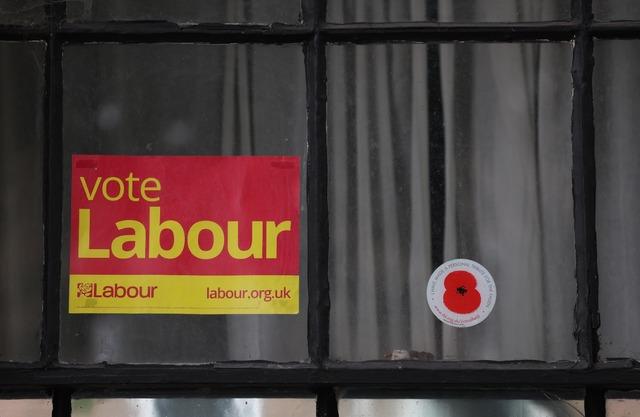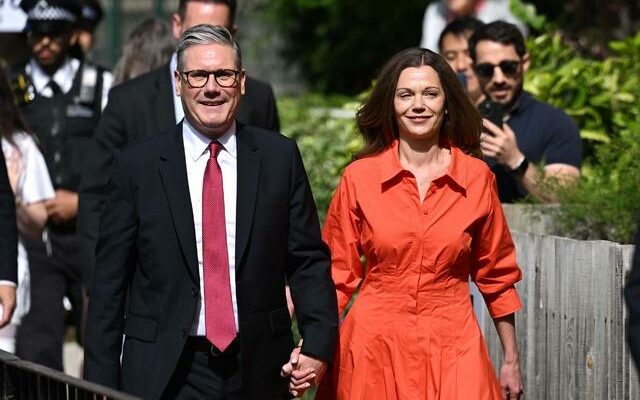At a time when the far-right is growing in influence across Europe, voters in the UK have largely cast their democratic vote for a centre-left party. According to exit polls, in the elections that determined the members of the 650-member House of Commons, the Labour Party won an overwhelming majority in the parliament with 410 seats, while the Conservative Party, led by Prime Minister Rishi Sunak, had 131 seats.
LIBERAL DEMOCRATS ARE IN THE MAJORITY
The results showed that the Liberal Democrats won 61 seats in the House of Commons, the Reform UK Party 13, the Scottish National Party (SNP) 10, the Welsh independence party Plaid Cymru four, the Green Party two and the others 19 seats.

END OF 14 YEARS OF RULE
Keir Starmer, who is expected to be the new prime minister of the UK, said in a statement on social media after the elections that are seen as ending 14 years of Conservative Party rule: “I would like to thank everyone who campaigned for the Labour Party in this election, who voted for us and who put their trust in our renewed Labour Party.”
FOR THE FIRST TIME, A TURK IS IN THE HOUSE OF COMMONS!
As a result of the general elections held in England yesterday, Nesil Çalışkan, nominated by the Labour Party in Barking, east London, succeeded in becoming the first MP of TRNC origin in the British Parliament.
AT THE LOWEST LEVEL SINCE 1830
If the exit polls are as predicted, the Conservative Party’s representation in the House of Commons will fall to its lowest level since the 1830s. The results will be the party’s heaviest defeat in modern history and will have a major impact on British politics.
The exit polls are based on data from 130 polling stations in England, Scotland and Wales.

Exit polls, which exclude Northern Ireland, have shown correct results in the last five general elections with an average error rate of between 1 and 7 seats.
THE FUTURE PRIME MINISTER POSITIONED THE PARTY AT THE CENTER
After Keir Starmer took over as leader, the Labour Party has turned towards the centre.
He abandoned earlier promises to nationalise energy and water companies.
On the issue of education, he withdrew his proposal to cancel tuition fees for university students, saying the government could not afford it.

On the environment, Labour has drastically scaled back its proposal to allocate £28bn a year to green energy projects, but has stuck to promises such as building offshore wind farms and developing a battery factory for electric vehicles.
The Conservative Party accused Starmer of “trying to evade one of his most fundamental commitments”.
Starmer has also pledged to phase out fossil fuels from electricity generation in the UK, but most experts say this is unrealistic.
(BBC-İHA)

